PCOS test is based on the Rotterdam criteria for diagnosing PCOS.

Fertility
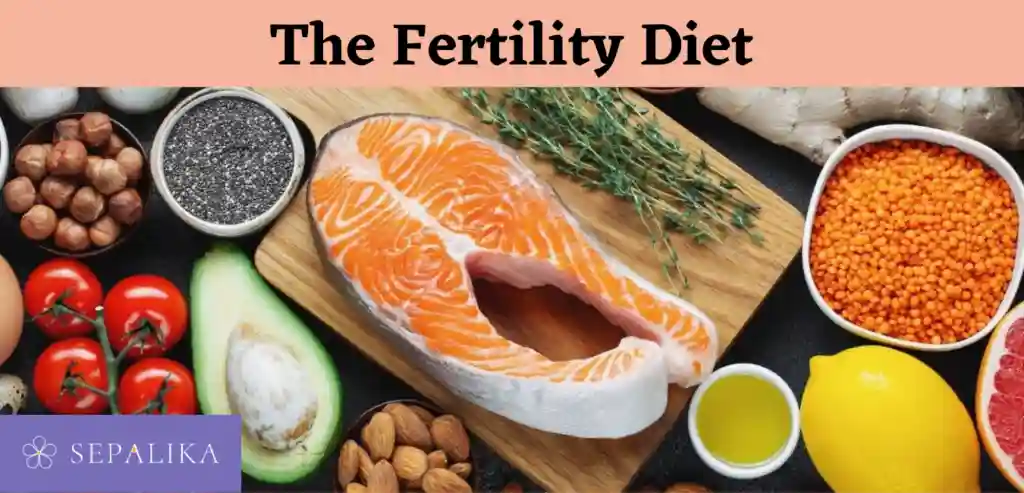
Trying to get pregnant? Lets start by looking at Fertility Diet Meal Plan! After all, the food you put into your body nourishes you and gives your body the energy it needs to conceive or improve your fertility.
In fact, most modern couples already know this and usually start making healthier choices as they plan to start a family together. They give up late night partying and add exercise to their lifestyles, all in an attempt to improve their health markers. But did you know that the right fertility foods can actually boost your chances for becoming pregnant?
The right fertility diet not only helps boost ovulation, it also helps you keep your weight in check and maintain healthy blood sugar levels. All of which are necessary to conceive.
In fact, researchers from Harvard reviewed plenty of past studies and research data to understand the deep link between diet and fertility. According to them, the right diet to improve egg quality is devoid of fast foods, highly processed foods and sugary treats. Instead, it focuses on whole foods that are as unprocessed as possible.
What’s more, the right fertility diet doesn’t just favorably boost fertility, but can also prevent infertility causes like ovulation disorders. Studies have found that a diet high in good fats (like monounsaturated fats), fruits and vegetables, healthy proteins, complex carbs that don’t cause an immediate spike in blood sugar levels, multivitamins and iron can boost fertility. And this holds true for not just women but men too.
Before we discuss the right foods for ovulation stimulation and boosting fertility in general, let’s quickly go through some of the dietary culprits you should banish from your diet right away.
Whether you’re trying to get pregnant naturally or with the help of an expert, it’s a good idea to cut back on simple and refined carbohydrates, excessive caffeine, alcohol, unhealthy trans fats found in packaged chips and snacks, as well as high processed foods that are laden with excessive sugar and salt. These foods do not nourish your body… but instead cause insulin spikes, hormonal imbalances and inflammation – all of which are highly undesirably for any woman trying to get pregnant.
With that said, now let’s take a closer look at some fertility foods that must be added to your diet.
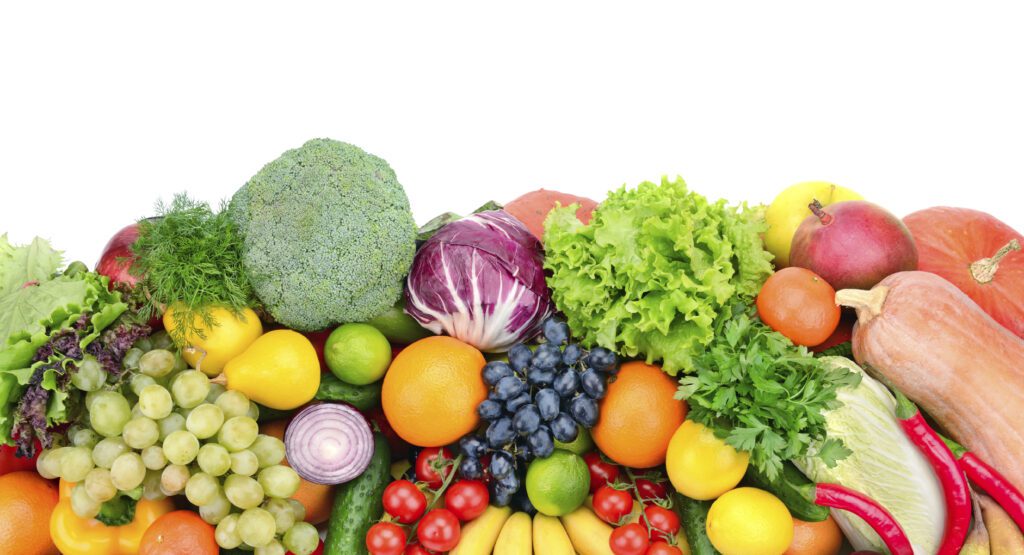
The Harvard research mentioned above found that women who consume more trans fats and processed meats had higher risk for ovulatory disorder. So, what’s the best way to mitigate that risk? Fill up half of your plate with healthy vegetables and fruits! These easily available seasonal delights are often low in calories, chock full of vitamins and minerals that nourish your body, and also high in fiber. Tomatoes, cruciferous vegetables, green leafy vegetables, watermelon and melon are all good for fertility. Citrus fruits like oranges and lemons contain polyamine putrescine that is also linked to improved fertility in animal studies. Pineapples are another natural fertility boosting fruit.
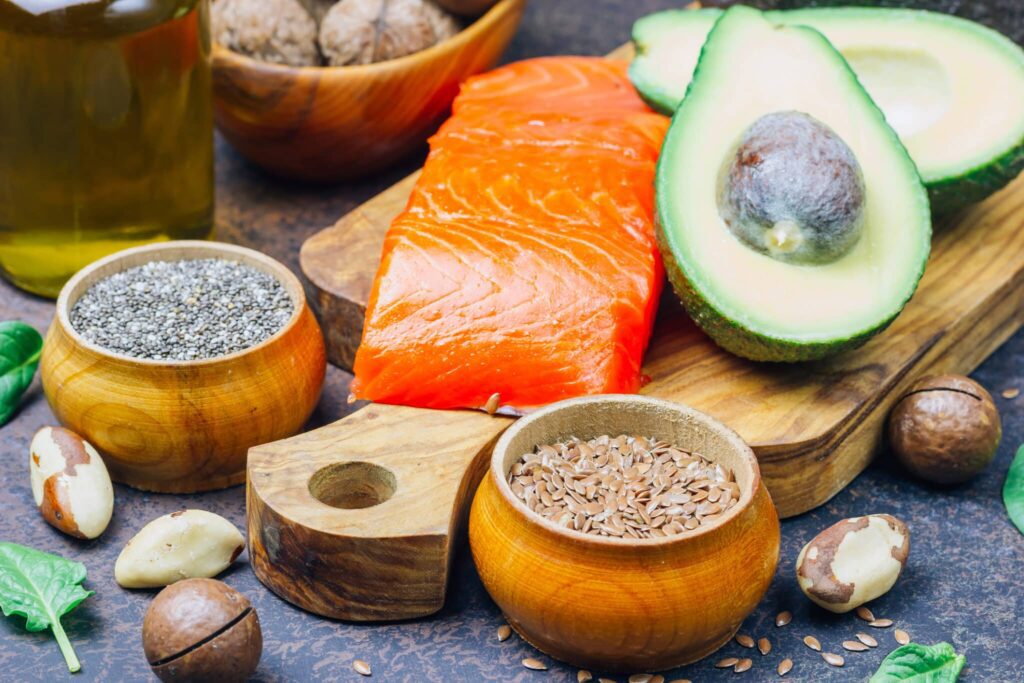
Unhealthy trans fats have been linked to infertility in both men and women. These are found in hydrogenated vegetables oils, fried and processed foods and margarine. Instead, opt for healthier fats. Good fat options include olive oil, avocados, coconut, fatty fish, grass-fed butter and ghee, nuts and seeds. When cooking, use cold pressed oils only. Refined oils contain ingredients that are known endocrine disruptors.
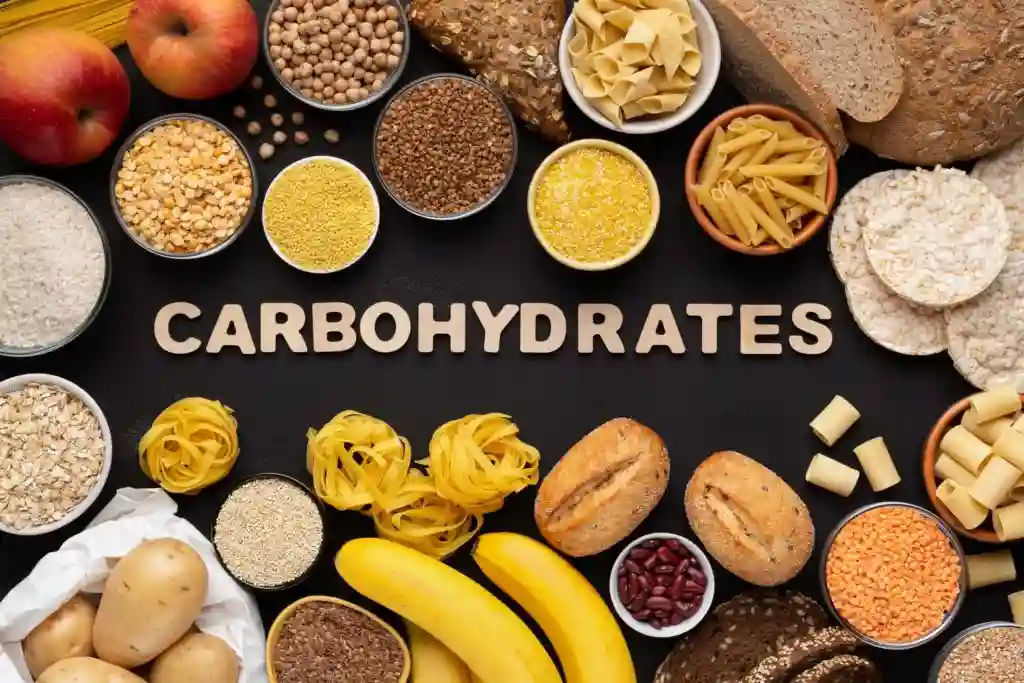
Replace all simple, refined carbs in your diet with complex carbohydrates. Simple carbs cause an immediate insulin spike, disrupting hormonal health, and are closed linked to PCOS. Avoid all cookies, cakes, fast foods and packaged breads and instead opt for wholesome carbohydrates that are rich in fibre as their slow-release mechanism keeps sugar and insulin in check. Good examples of complex carbohydrates include brown and red rice, buckwheat, beans and lentils, quinoa, whole-wheat, bajra and barley. If you have hormonal imbalances or experience symptoms of PCOS, swapping simple carbs for complex ones is key.
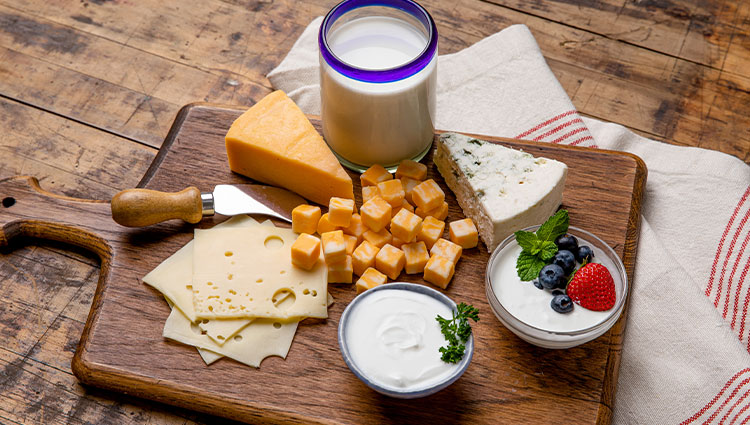
Your grandmother has probably advised you to start drinking milk if you’re trying to get pregnant. And she’s right – dairy can be beneficial to boost fertility in women who tolerate dairy well. But no – don’t reach for that low-fat milk….go with full fat dairy instead. Research has found that high intake of low-fat dairy foods may increase the risk of anovulatory infertility whereas intake of high-fat dairy foods may decrease this risk. Dairy is another excellent example of saturated fats, helping your body absorb fat-soluble vitamins like vitamins A, E, D, K, and K2 better. Whole milk, yogurt and mature cheeses are all good additions to your diet. Make sure your dairy is sourced from grass-fed animals and milk is A2 milk.
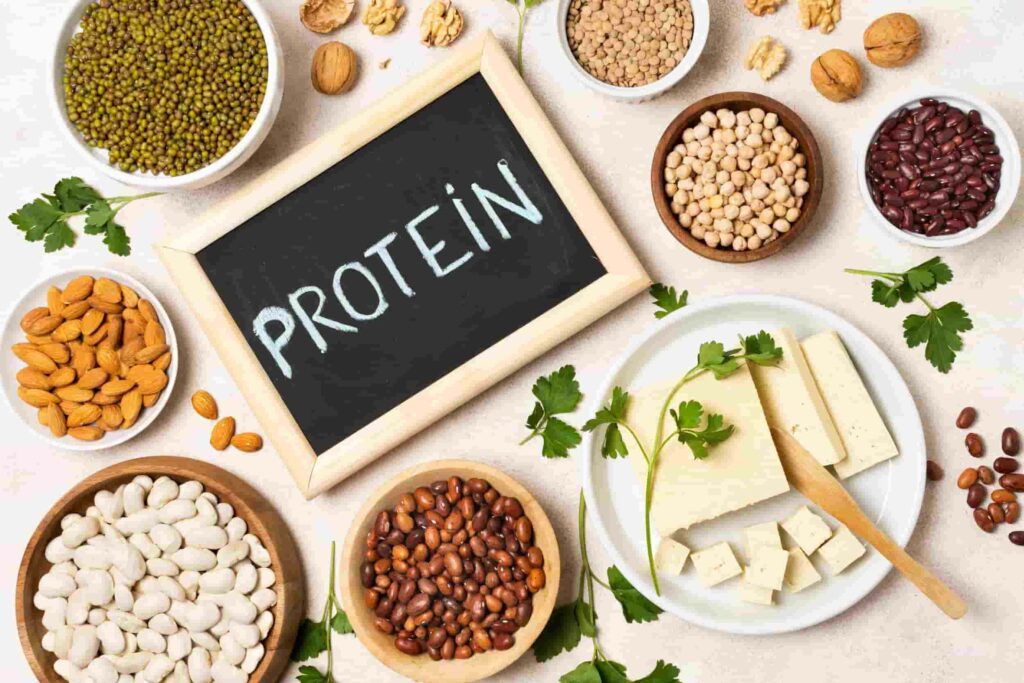
Proteins are the building blocks of your body, and the right fertility diet focuses on the right kinds of proteins. Some research indicates that replacing animal sources of protein with vegetable sources of protein may reduce ovulatory infertility risk. However, not all animal proteins are made equal. Avoid red meats and processed meats and instead focus on eating more fatty fish, lean chicken and turkey, as well as eggs. Rich in zinc, omega 3 fatty acids and iron, these proteins help keep you full for longer and also nourish your body. Seafood in particular is beneficial for those looking to get pregnant.
Increase your intake of fatty fish like salmon, tuna, basa, mackerel as well as oysters. Plant proteins like beans, chickpeas, quinoa, millets, cottage cheese, chia seeds and lentils are also excellent options, especially for vegetarians. These also contain fibre as well as folates – both of which are crucial for boosting fertility. You can even choose to supplement with a good protein powder to ensure you get adequate proteins to support you in the pre-conception phase.
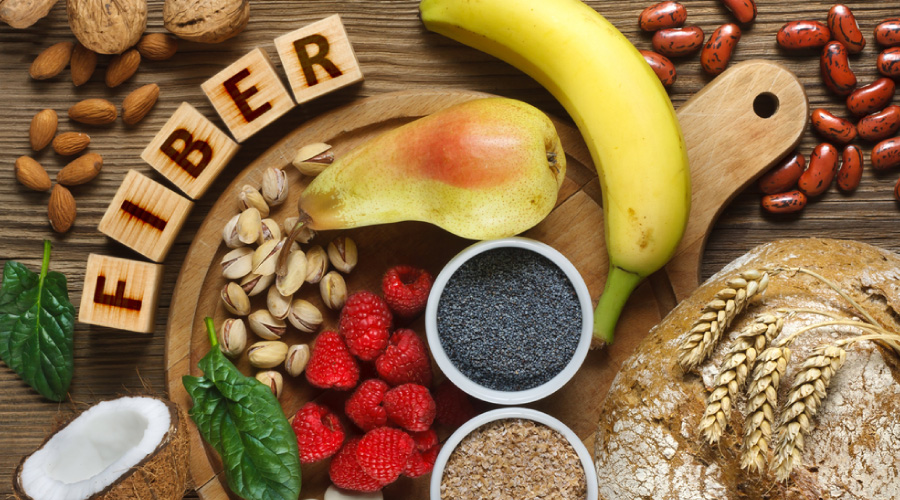
Eating more fibre keeps your hormone levels and blood sugar levels in check. Studies find that a diet with moderate fibre intake reduces risk of ovulatory infertility, especially in women over 30 years of age. Good sources of fibre are whole grains, beans and legumes, vegetables, fruits and oats.
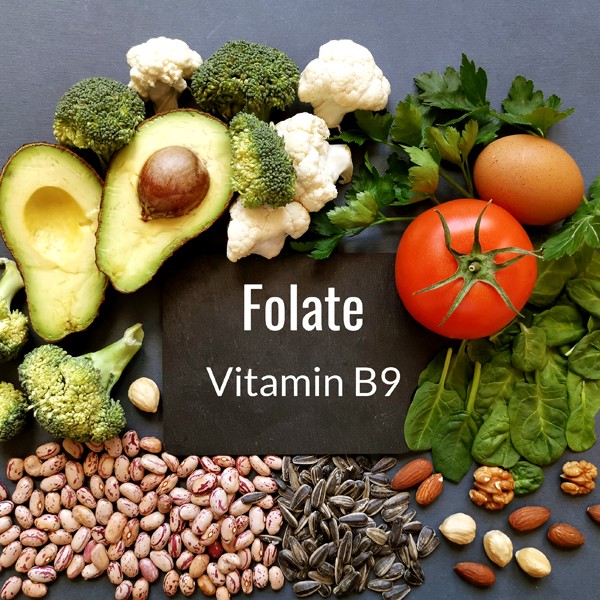
Even if you are taking a folic acid supplement, it’s a good idea to boost your folate intake through diet. Folate is Vitamin B9 and is one of the best fertility foods. As it is, foods rich in dietary folates like leafy green vegetables (think spinach, kale and lettuce), Brussel sprouts, asparagus, legumes and lentils as well as eggs are good for your overall health. Indian foods rich in folate include cow peas (chowli), cluster beans (gavarfali), bajra (black millet), okra (bhindi), and chick peas (kabuli chana).
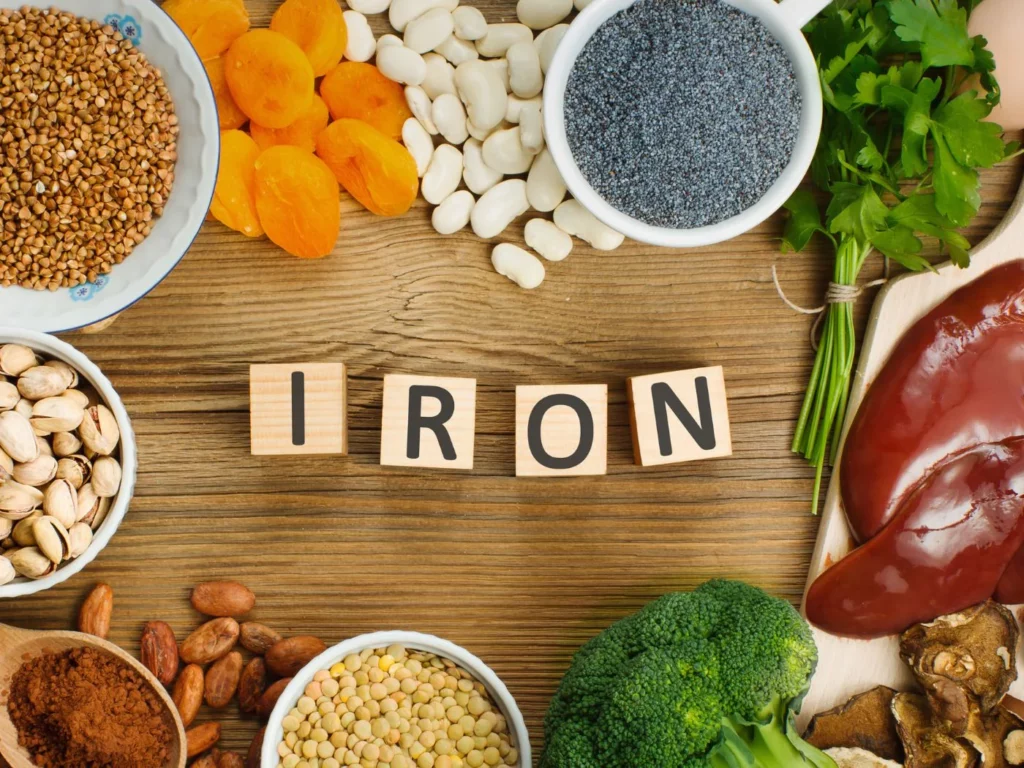
It’s time to up your iron intake, especially if you suffer from iron deficiency. Iron deficiency is often an ignored cause of infertility. Increasing iron intake may decrease the risk of ovulatory infertility, but it also prevents miscarriage and anaemia, making it a crucial addition to your fertility diet. An excellent way to boost iron intake is by adding organ meats to your diet. (You can even get a good freeze dried liver capsule, for convenience!) They’re high in Vitamin A, highly absorbable iron, vitamin B12, folates, choline and omega-3 fatty acids. If you’re a vegetarian, you can get your iron from leafy green vegetables, beans and legumes, dry fruits, pumpkin seeds and quinoa.
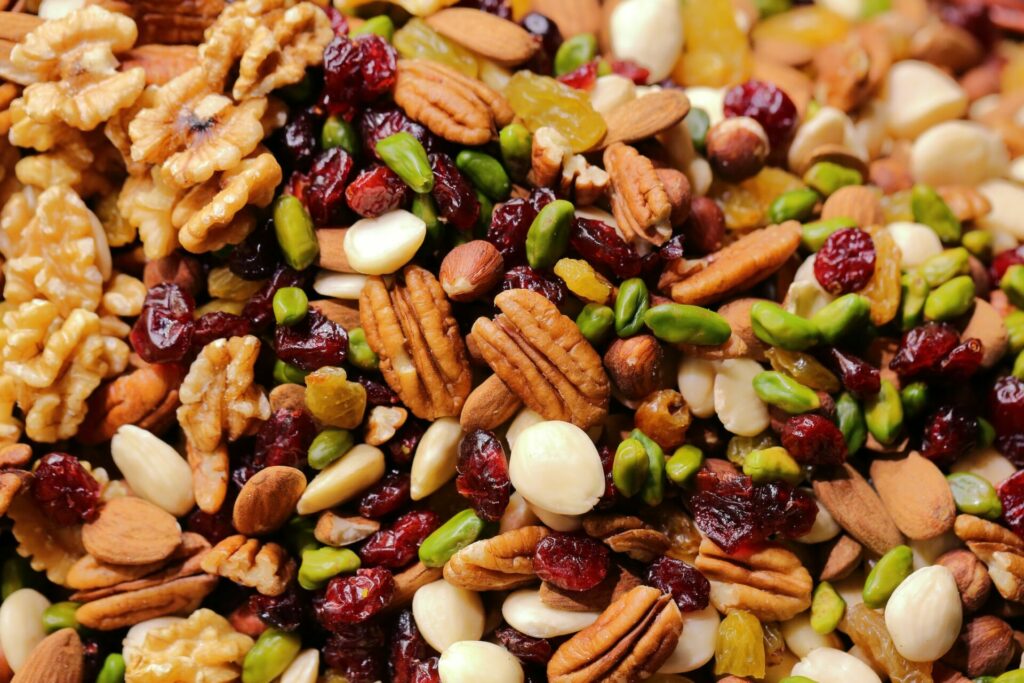
Nuts and seeds deserve their own focal point because they aren’t just a great source of good fats; they’re also a powerhouse of essential vitamins and minerals. They’re rich in proteins, omega-3 fatty acids, zinc, Vitamin C, folates and selenium. Great examples are sunflower seeds, pumpkin seeds, chia seeds, sesame seeds, walnuts, almonds, cashews, and pine nuts.
Along with the right fertility diet, do take a good multivitamin as well. Regular use of multivitamin supplements is linked to decrease the risk of ovulatory infertility.
To help you get a jumpstart, here is a simple sample 3 day menu for your fertility diet.
Breakfast
Overnight Oats with chopped Walnuts, Almonds and Apples.
Midday Snack
Bowl of Watermelon.
Lunch
Lettuce and Tomato Salad with Avocado Slices and side of Multigrain Toast.
Evening Snack
Handful of roasted Sunflower seeds with a cup of Camomile tea.
Dinner
Boiled Brown Rice with a Chicken/Bean curry and a side Salad.
Breakfast
Steamed Idlis with a bowl of Sambhar and some Coconut Chutney.
Midday Snack
Orange Slices with handful of Peanuts.
Lunch
Grilled Fish/Cottage Cheese Steaks with a side of baked Tomato with Cheddar cheese.
Evening Snack
Handful of Walnuts with a glass of Buttermilk.
Dinner
Spinach and Pumpkin Curry with Multigrain Chappatis and side of Salad.
Breakfast
Oats Upma with a glass of Milk.
Midday Snack
Handful of Almonds and spoon of Peanut Butter.
Lunch
Quinoa Pasta with Broccoli, Asparagus and Tuna/Chickpeas tossed with extra-virgin Olive oil.
Snack
Bowl of Pineapple chunks with Green Tea.
Dinner
Red Rice Khichdi with a side of Raita, kachumbar Salad and roasted Papad